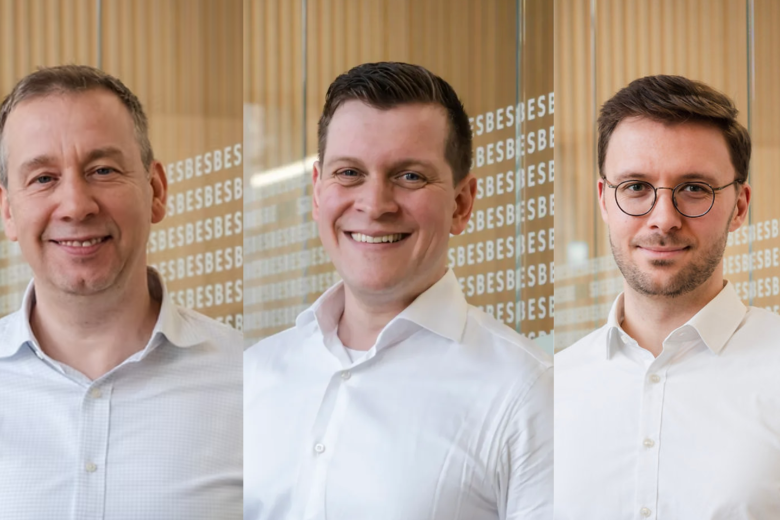Expert opinions, analyses, and more
Knowledge Beyond Borders
Welcome to the SBE Blog, a platform for our academic community to share their expertise with people beyond their academic borders! Our authors range from students and PhDs to tenured professors and lecturers.
Would you like to contribute to the SBE Blog? Then send your pitch to SBE's Research Communications Officer, Barbara Timmermans.

Academics React to Nobel Prize in Economics 2025
As is tradition, academics at Maastricht University School of Business and Economics are eager to share their perspectives on the Nobel Prize in Economics.




